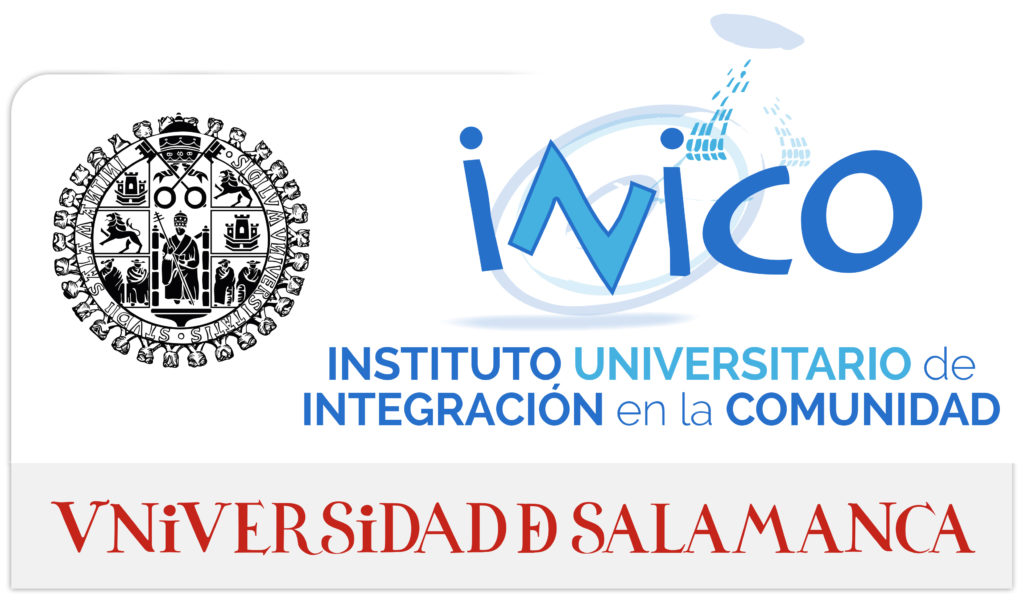What Factors Explain Family Quality of Life in Neurodegenerative Diseases?

The Quality of Life Supports Model as a Vehicle for Implementing Rights

The Quality of Life Supports Model (QOLSM) is emerging as a new framework that is applicable to people with disabilities in general, but specially to people with intellectual and developmental disabilities (IDD). The aim of this conceptual paper is twofold. Firstly, it aims to show the overlap between the QOLSM and the Convention on the […]
Development and Validation of Standardized Quality of Life Measures for Persons with IDD

The implications of the individual quality of life (QoL) model of Schalock and Verdugo have made it the most cited QoL model in the field of disability. The QoL model is understood as a conceptual and applied framework for action that allows the materialization of the rights of persons with disabilities through the multidimensional assessment […]
Organizational change and evidence-based practices in support services for people with intellectual and developmental disabilities

The Quality of Life Supports Model as a major component in applying the quality of life paradigm

AbstractSocial change is built on paradigms and models. A paradigm needs an operational action model to successfully implement the paradigm, and an operational model needs a paradigm to give it credibility and content. This article describes the Quality of Life Supports Model (QOLSM) as a major pathway for applying the quality of life (QOL) paradigm. […]
Using the quality of life framework to operationalize and assess the CRPD articles and the Sustainable Development Goals

AbstractThis article describes how rights, the United Nations Sustainable Development Goals (SDGs), and the quality of life (QOL) framework are closely interrelated. Although legislation can be used as a tool for the practical application of QOL principles, QOL assessment information is required to further develop legislation and monitor the fulfillment of laws, policies, and the […]
Autodeterminación en personas con discapacidad intelectual y del desarrollo: revisión del concepto, su importancia y retos emergentes

Personal characteristics and school contextual variables associated with student self-determination in Spanish context

Advances in the assessment of self-determination: internal structure of a scale for people with intellectual disabilities aged 11 to 40

Transcultural adaptation and psychometric properties of Family Quality of Life Survey for caregivers of people with neurodegenerative disease: a study of Spanish families who live in the rural Spain–Portugal cross-border


